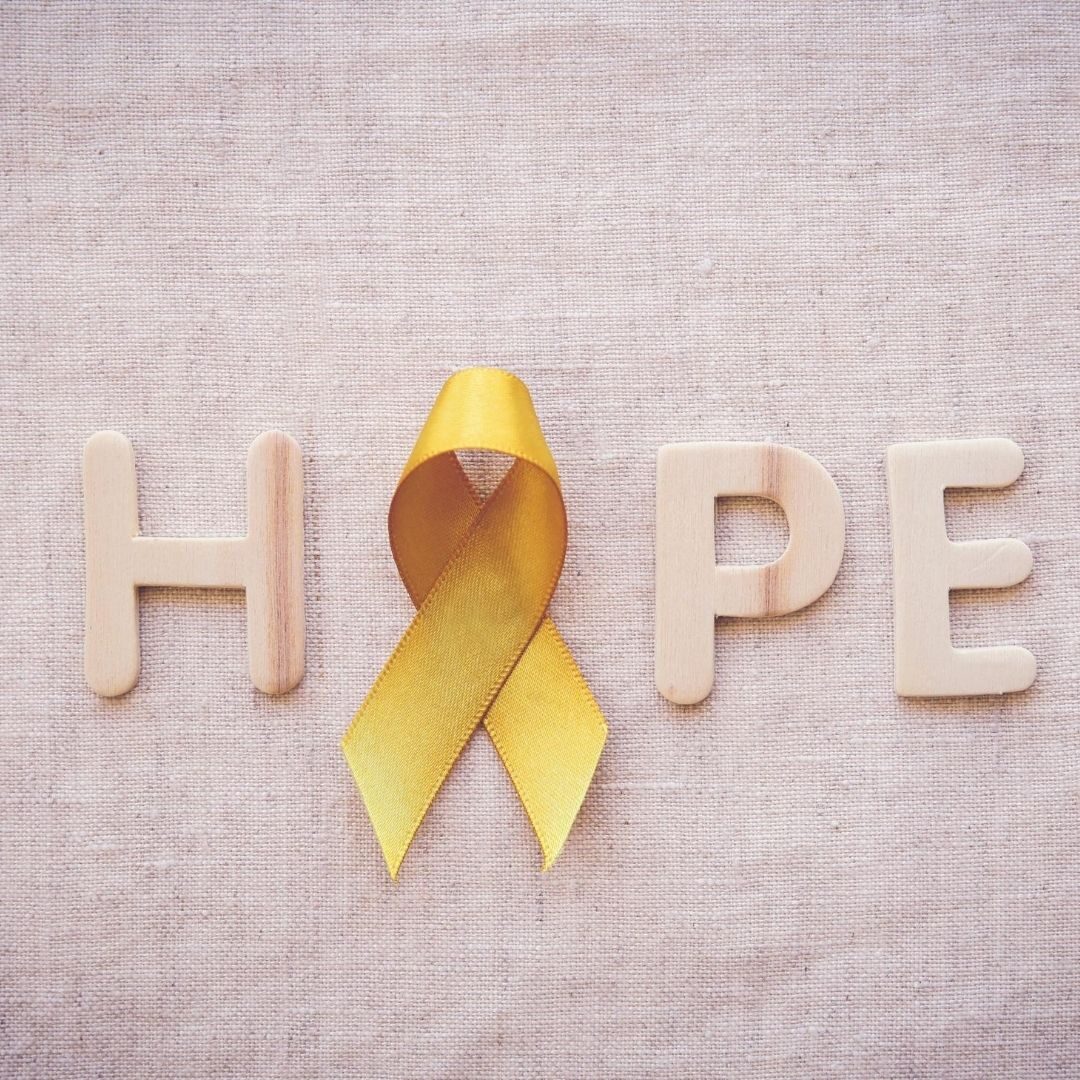Pediatric Cancer
The current treatment for pediatric brain cancer is photon or x-ray irradiation, which kills cancer cells by damaging their DNA. This is a life-saving treatment; most pediatric brain cancer patients in the US will survive long term. However, the radiation also kills healthy brain cells. This can lead to long-term cognitive impairment that affects survivors’ educational and social development.
We are studying a new technology, proton beam radiation therapy (PBRT), that maximizes the radiation given to the tumor and minimizes damage to surrounding brain tissue. We hypothesize that PBRT may be better for cognitive development than x-ray irradiation because it significantly reduces the radiation dose given to healthy parts of the brain. However, to date, there are no published studies demonstrating the neuroprotective benefits of PBRT.

We are investigating four questions:
Knowing the answer to these questions will save lives. To address them, we proposed three studies that will: